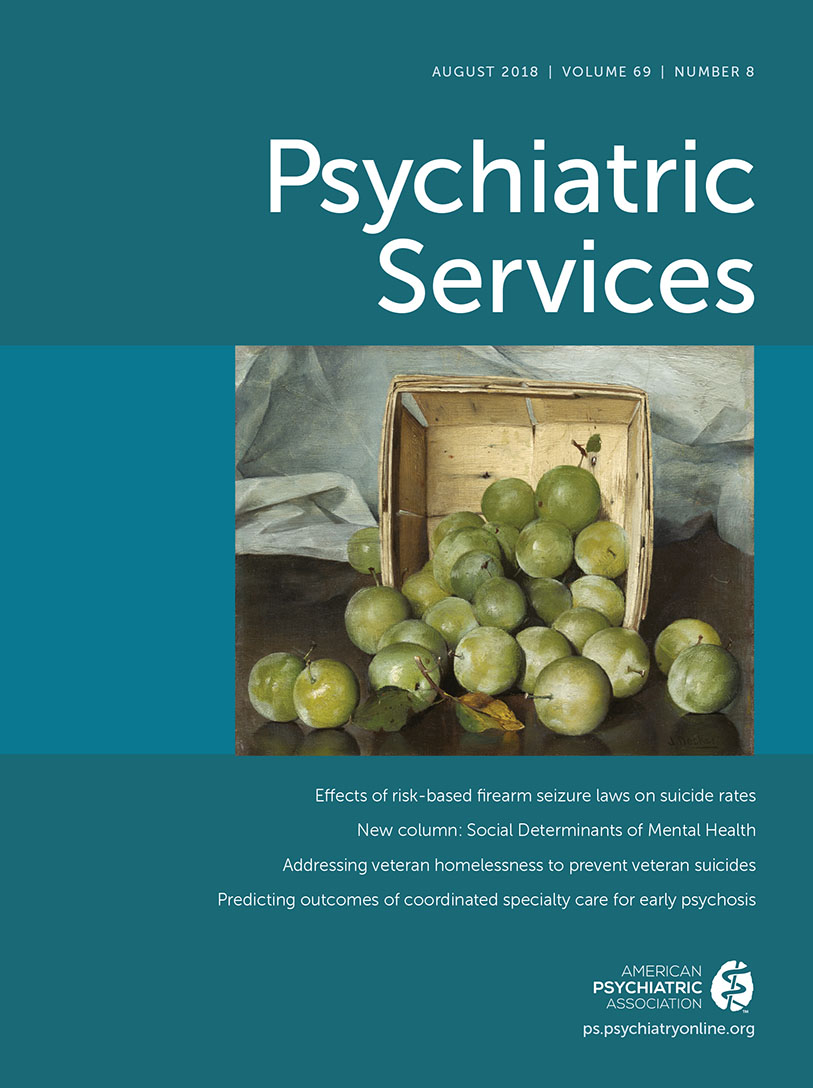The Role of Working Alliance in Attainment of Personal Goals and Improvement in Quality of Life During Psychiatric Rehabilitation
Abstract
Objective:
A key aspect of psychiatric rehabilitation is supporting individuals with serious mental illness in reaching personal goals. This study aimed to investigate whether various aspects of the working alliance predict successful goal attainment and whether goal attainment improves subjective quality of life, independent of the rehabilitation approach used.
Methods:
Secondary analyses were conducted of data from a Dutch randomized clinical trial on goal attainment by individuals supported with the Boston University approach to psychiatric rehabilitation (N=80) or a generic approach (N=76). Working alliance was measured with the Working Alliance Inventory (WAI) from the practitioner's perspective. Rehabilitation practitioners had backgrounds in social work, nursing, or vocational rehabilitation. Multiple logistic regression and multiple regression analyses explored effects of working alliance on goal attainment and of goal attainment on subjective quality of life at 24 months. Analyses were controlled for client- and process-related predictors, baseline quality of life, and rehabilitation approach.
Results:
The WAI goal subscale predicted goal attainment at 24 months. No effect was found for the bond or task subscale. Goal attainment significantly predicted quality of life at 24 months. These effects were independent of the rehabilitation approach used.
Conclusions:
A good bond between client and practitioner is not enough to attain successful rehabilitation outcomes. Findings suggest that it is important to discuss clients’ wishes and ambitions and form an agreement on goals. Attaining rehabilitation goals directly influenced the subjective quality of life of individuals with serious mental illness, which underscores the importance of investing in these forms of client support.



